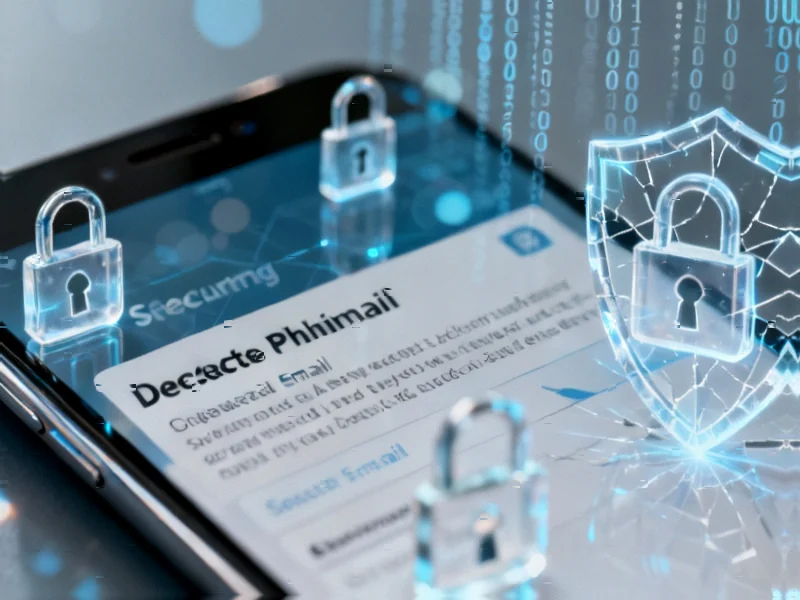Security researchers are sounding the alarm about an unusually sophisticated phishing campaign that’s targeting LastPass users with a particularly clever twist: fake death certificate notifications. According to reports from Bleeping Computer, attackers are weaponizing the password manager’s legitimate “Emergency Access” feature to create convincing social engineering scenarios.
Table of Contents
The Anatomy of a Modern Phishing Attack
What makes this campaign particularly effective is how it preys on emotional triggers. Victims receive emails claiming a family member has requested emergency access to their LastPass vault by uploading a death certificate. The timing is crucial here – the notification creates immediate confusion and urgency, prompting users to click through to cancel what appears to be a mistaken request.
Once users follow the link, they’re directed to a fake LastPass login page that looks remarkably authentic. This is where the real damage happens – users inadvertently surrender their master passwords to attackers. Security analysts note that in some cases, the scheme escalates to voice phishing, where attackers call victims directly while posing as LastPass support staff.
Connecting the Dots to Known Threat Actors
The infrastructure behind these attacks reportedly points to a financially motivated group tracked as UNC5356, also known as CryptoChameleon. This isn’t their first rodeo – security researchers have previously linked this group to various cryptocurrency theft campaigns. Their methodology shows significant evolution from earlier, more crude phishing attempts.
What’s particularly concerning, according to security analysts, is the targeting of stored passkeys. Since LastPass began supporting passkey storage, these have become valuable targets for attackers looking to bypass multi-factor authentication. The domains used in this campaign specifically reference passkeys, indicating the attackers are keeping pace with technological changes.
Historical Context and Growing Concerns
This incident echoes troubling patterns from LastPass’s recent history. Remember the 2022 breach? That incident saw attackers make off with encrypted vault backups, which later led to approximately $4.4 million in cryptocurrency thefts after attackers successfully brute-forced master passwords. Security experts suggest these repeated sophisticated attacks highlight the challenges facing password management services that have become high-value targets.
The sophistication of this campaign raises questions about how users can protect themselves. Security professionals emphasize that legitimate services like LastPass would never initiate contact via email requesting immediate action on emergency access features. They recommend users directly navigate to services rather than clicking links in unsolicited emails.
As phishing campaigns grow increasingly sophisticated, the security community is watching closely. This latest attack demonstrates that threat actors are investing significant resources in social engineering tactics that exploit both technological features and human psychology. For password management users, the message is clear: vigilance remains the first line of defense against even the most cleverly disguised threats.



